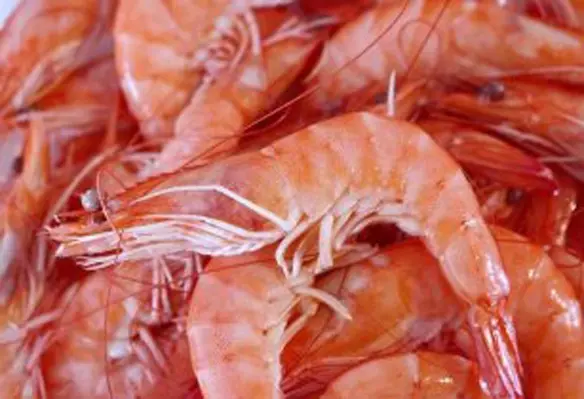ASC has published its first Monitoring and Evaluation (M&E) report, demonstrating for the first time the impact of certified responsible aquaculture, including improvements in the environmental performance of shrimp farms in Vietnam
The M&E report uses thousands of data points from hundreds of certified farms to analyse trends in their performance – reinforced with case studies illustrating social and environmental gains, and market access achieved by ASC farms.
Among the report’s findings, it reveals that ASC shrimp farms have increased by 50 per cent their ongoing compliance to the environmental performance requirements between 2014 and 2018. The report also found clear evidence that certified farms are learning to work together, and with their feed suppliers, to reduce their reliance on wild-caught fish in the feed they use, helping to reduce the pressure on wild fishery stocks.
ASC standards also include requirements for social responsibility such as treating staff and local communities fairly, and the report has revealed the importance of this, with demonstrated improvements in working hours and overtime across all species and countries looked at, especially across shrimp farms in Vietnam, Ecuador and Honduras.
“Reporting on our impact is a major part of the ASC mission, and this report demonstrates the value of transparency in a certification programme,” said Jill Swasey, head of monitoring and evaluation at ASC.
Other findings in the report include:
• Shrimp farms in India and Vietnam have improved how they monitor their energy use and greenhouse gas emissions as a result of certification.
• Indian shrimp farms show marked improvement in community relations – this is due to better communicating with local communities and sharing conflict resolution policies.
• Nearly 18,000 products were able to carry the ASC logo around the world through 2019, a 380 per cent increase in five years.
• More than 1,100 farms certified (across nine standards) in 42 countries producing nearly two million tons of seafood by the end of 2019.
• Almost 13,000 people are working on ASC-certified farms around the world, where they are protected by the ASC’s social requirements.




